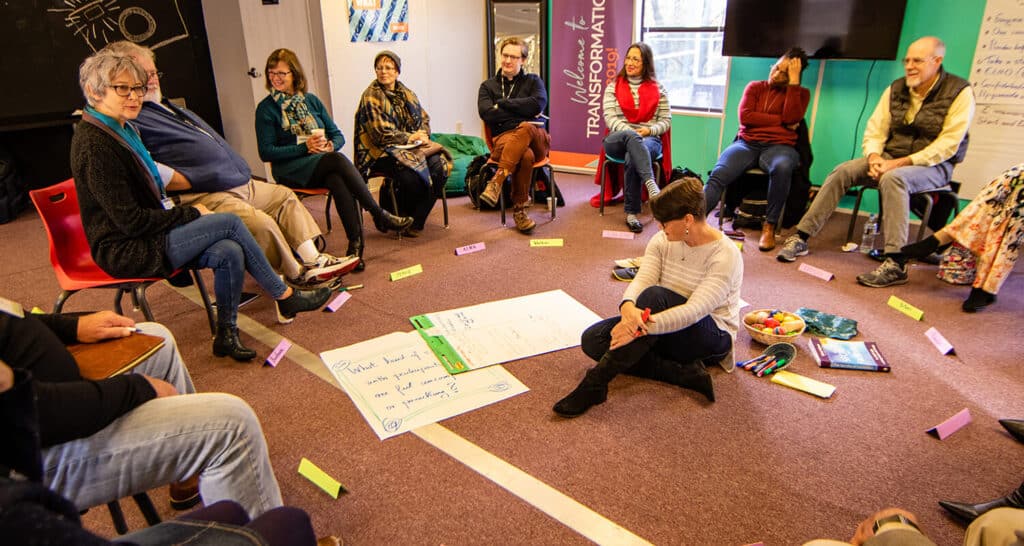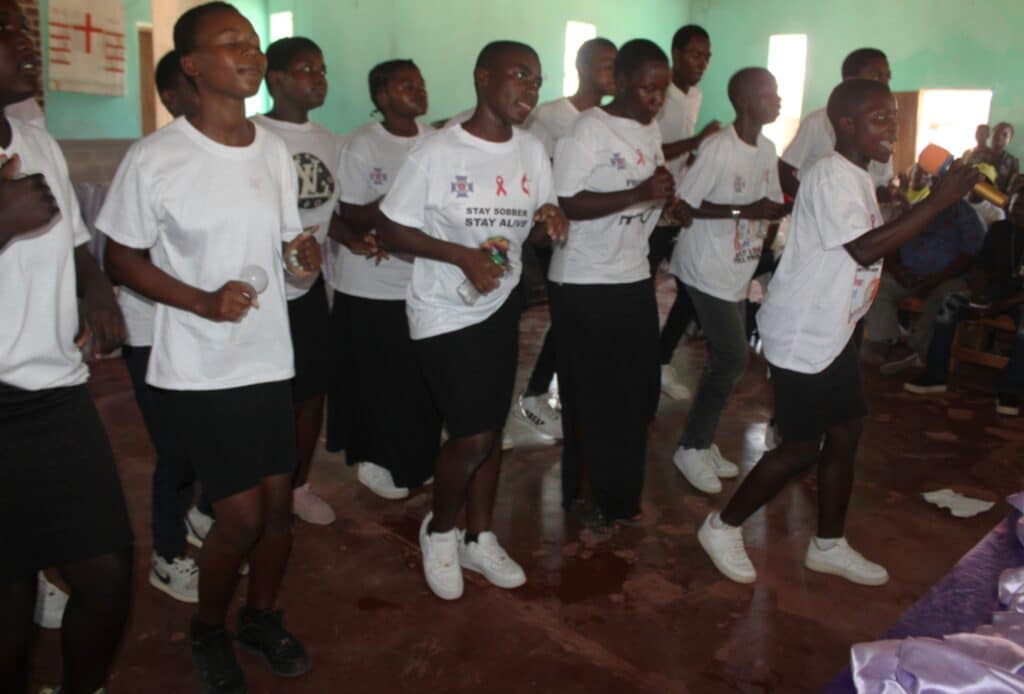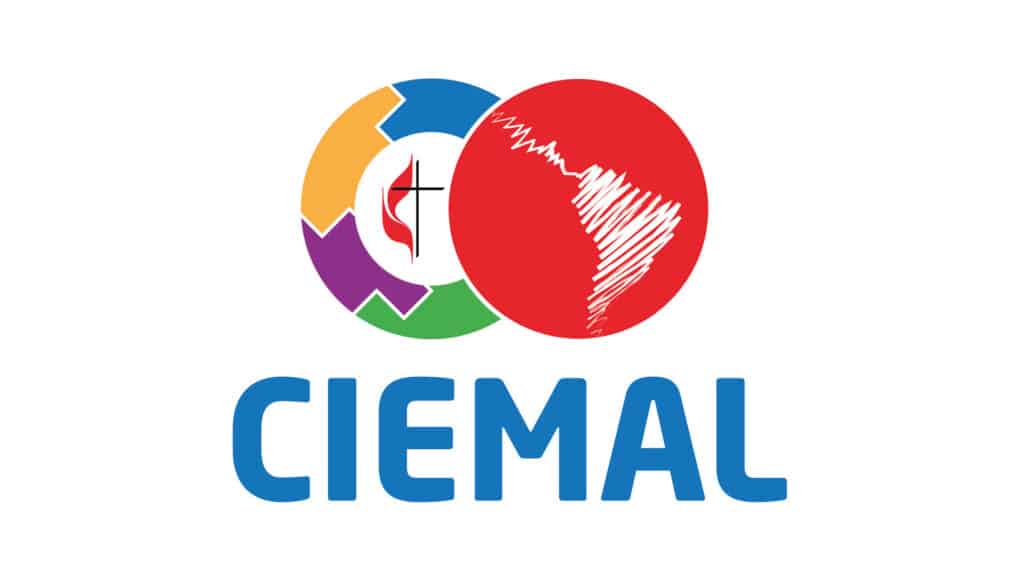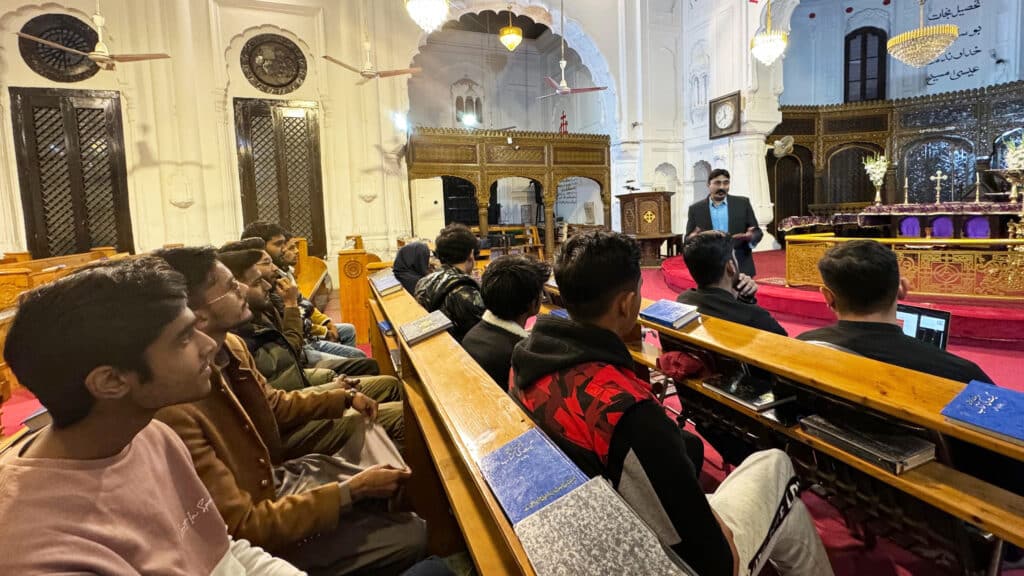By Sara Logeman
January 2020 | ATLANTA
In early November, the “Facilitating Mutuality: Dialogue Across Differences” conference gathered more than 100 people at Impact United Methodist Church in Atlanta for three days. Participants learned how to be effective and compassionate facilitators for difficult conversations within the divisive climate of The United Methodist Church.
Cohosted by Global Ministries, the General Commission on Religion and Race, and Emory University’s Candler School of Theology, the conference explored topics such as honoring the narratives of the other, conflict resolution and transformation, and the centrality of mission in the life of the denomination.
“We need to be open and honest and lean in when so many people want to pull away,” explained the Rev. Dr. Amy Valdez Barker, executive director for Global Mission Connections at Global Ministries. “We’re committed to learning from one another, even in our differences.”
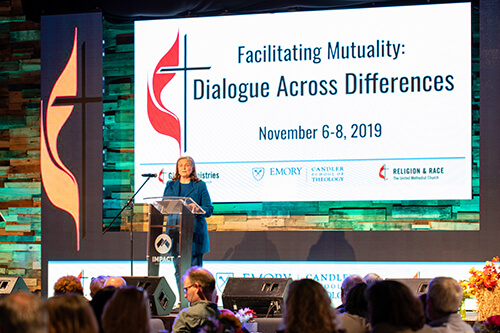
New techniques, strengthened relationships
The conference brought together United Methodist clergy and laity who serve in various settings and capacities throughout the United States. They each took significant steps in becoming bridge builders across boundaries of difference on topics such as theology and identity.
Their first step was to look inward. “As facilitators, we have to know and understand how our own operating narratives shape our relationship to the dialogue,” noted Dr. David Anderson Hooker, keynote speaker and associate professor of the Practice of Conflict Transformation and Peacebuilding at the University of Notre Dame. The group practiced naming their own stories so that they could more constructively and caringly enter the stories of others.
Breakout sessions and small groups offered participants a toolbox of techniques to use in facilitation and an overview on how to use these in diverse and cross-cultural settings. Participant and breakout session leader Alice Williams applauded the “wonderful, practical tools” designed to help people “grow in their facilitation skills.”
The group formed meaningful connections with one another, giving and receiving words of support and encouragement. They established a strong network for sharing strategies and best practices that will be beneficial as they convene groups in dialogue in their churches, districts and annual conferences.
“A lot of people in a lot of places are feeling like their voices aren’t being heard,” said participant the Rev. Randall Partin. “This is a time for us to engage in the listening and to affirm that their voices and their thoughts matter.”
Faithful in love
Even as participants learned how better to navigate differences of thought and opinion, they were reminded that God’s love binds people of faith together.
The theological imperative to love God and neighbor was woven throughout the conference. It served as a reminder of why people of faith engage in challenging conversations and why it is worth the risk to lead others in dialogue that might be heavy with conflict.
In her remarks to the group to open the conference, Dr. Jan Love, dean of Candler School of Theology at Emory University, prompted the group to examine what it means to embody faith in Jesus Christ at this moment in the life of the denomination. She cited 1 John 2:9, “Anyone who claims to be in the light but hates a brother or sister is still in the darkness.” She then asked, “What does it mean to love someone you would prefer to hate?”
The essence of the conference, encouraging and equipping United Methodists to be in relationship in the midst of difference, served as a direct response to Love’s question. This cohort of facilitators is committed to nurturing relationships by guiding others in loving, honest and transformative dialogue for the betterment of the church.
Sara Logeman is the content strategist for Global Ministries.
Trained facilitators are available to support dialogues across The United Methodist Church. For more information or to reach out for facilitation support, contact info@umcmission.org.
